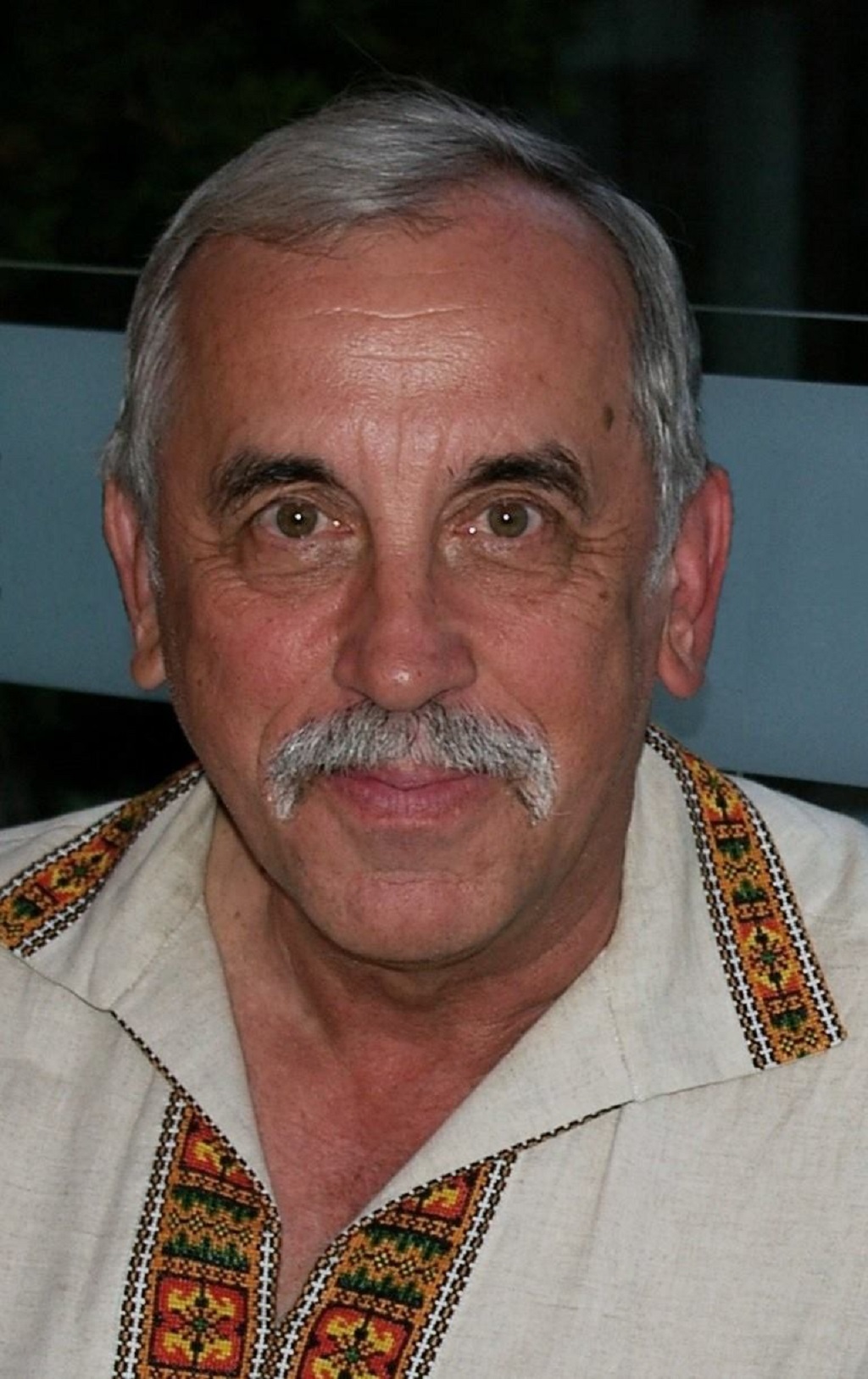Volodymyr Kish.
Most of us that live in what is loosely called the West suffer from the delusion that we live under democratic political systems, based on the principle of one person, one vote, and the rule of the majority. The reality, despite what most of us may think, is not that simple.
To give one simple and obvious example, in the U.S. Presidential election in 2016, Hillary Clinton got almost 3 million more votes than Donald Trump. She garnered 48.2% of votes cast compared to Trump’s 46.1%. And yet Trump “won” the election by a wide margin. That is because the popular vote does not elect a President. The U.S. Electoral College does, and in that arcane and poorly understood electoral mechanism, Trump won handily with 304 electoral votes to Clinton’s 227.
What is the electoral college you may ask? It is a special body set up under the U.S. constitution for the sole purpose of electing the President and Vice President of the U.S. Each state gets a number of electors that is equal to the number of seats that state has in the Senate and the House of Congress. In essence, U.S. citizens do not vote for the President or Vice President. Whichever party in a given state gets the majority of the votes cast, gets all the electoral seats for that state. The Electoral College therefore does not at all reflect the popular vote. The makeup of the Electoral College is such that voters in less populated rural states can have as much as four times the voting clout as voters in the more populated urban states. Not exactly democracy is it.
There is of course another factor that erodes the democratic nature of our elections, and that is the fact that not all people who can, do indeed vote vote. Many who are eligible simply do not bother to vote at all. In that 2016 Presidential election, 44.3% of eligible Americans did not bother to vote. It would surprise most people to know that Trump’s “huge” victory was based on getting the votes of a mere 26% of eligible American voters. Not exactly the overwhelming mandate that he likes to claim.
There is also the reality that citizens must register to vote, and unscrupulous politicians have often not hesitated to make the registration process difficult and cumbersome, particularly for racial minorities, the poor and the disadvantaged. On top of all that, political parties when in power have often redrawn electoral boundaries in a process called gerrymandering, to give themselves unfair advantage in concentrating their votes to win seats.
In Canada, despite the fact that we have a very different parliamentary form of government, the electoral process is just as vulnerable to distorting the democratic process. In the 2018 provincial election in Ontario, the Conservative party under populist leader Doug Ford, won a huge majority in parliament, securing 76 of the 124 seats in the provincial legislature. They secured 40.5% of the votes cast. However, only 58.4% of eligible voters actually bothered to vote, so Ford was elected Premier on the basis of getting less than 24% of the vote of all eligible Ontarians. Of course, this did not prevent Premier Ford from claiming that he has secured a strong majority mandate to implement his populist political platform.
In a similar vein on the federal level, in 2015 Justin Trudeau won a sizeable majority in Canada’s Parliament on the strength of securing the votes of just 27% of eligible Canadian voters. In the previous election Stephen Harper won his impressive majority government on the strength of just over 24% support of all eligible voters. In elections, winning a majority is not exactly what it seems.
Electoral processes are usually defined in each country’s constitution, and as a result are quite difficult to change. Polls in both Canada and the U.S. in recent decades have shown that most people would support electoral reform to make our systems more democratic, yet there is a great deal of inertia and unwillingness in the existing political establishments and elites of both countries to do so. Most politicians and political parties seem to prefer the devil they know. They have become experts at manipulating the current setup to their advantage and are not willing to risk creating a more democratic, and hence less controllable electoral process.
And so in Canada and the U.S. we are stuck with government structures and election systems that were developed hundreds of years ago when social and economic conditions, as well as values and technology, were far different from what they are today. The very idea of democracy was defined quite differently then than how it is now. A re-examination and an update to how we practice democracy is long overdue.
Share on Social Media


































